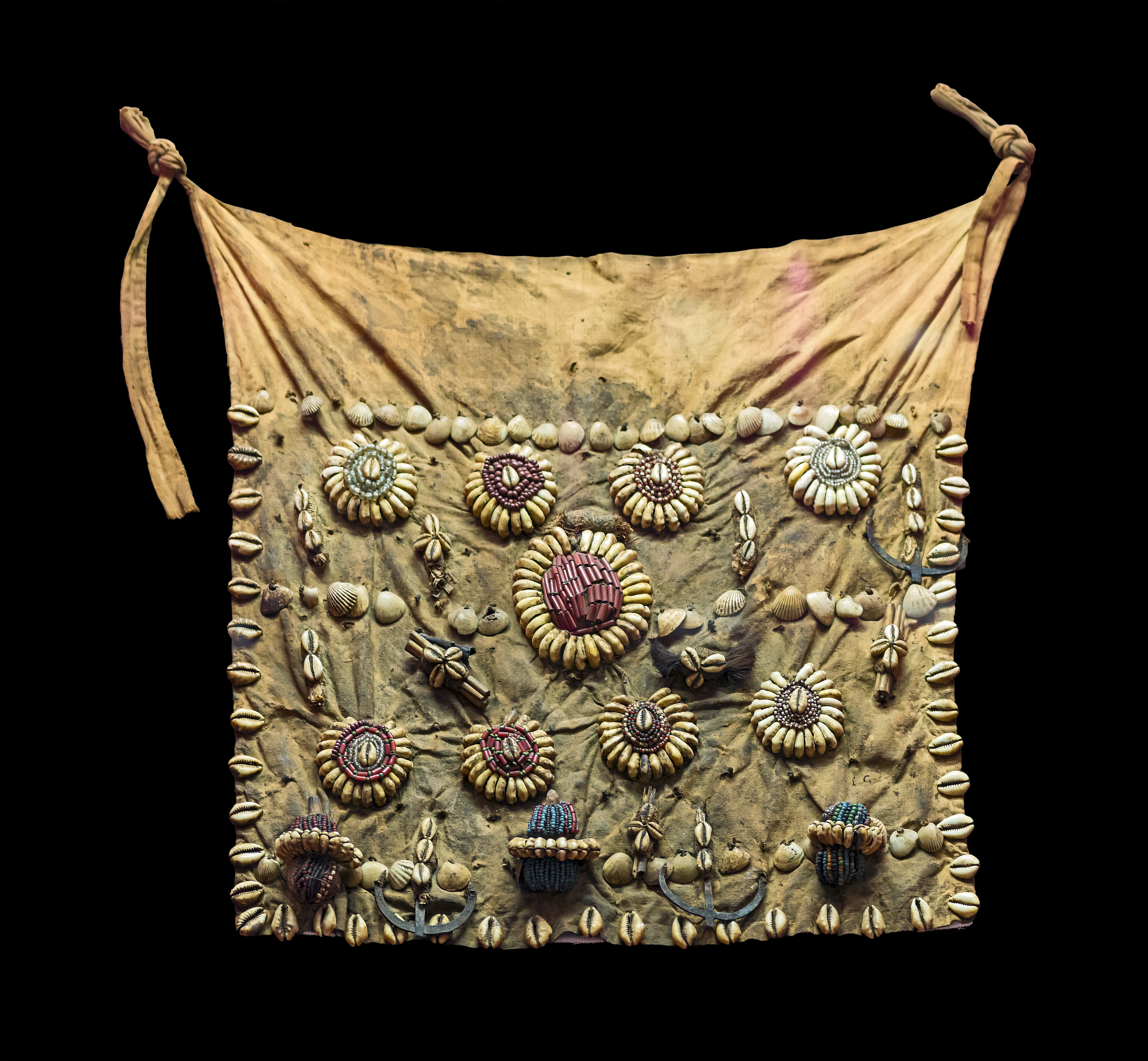|
Agé of Africa. He is the son of Mawu-Lisa. Agé is the patron god of hunters, the wilderness, and the animals within it. He is the fourth-born son of Mawu-Lisa. When she divided up the realms of the universe among her children, she gave Agé command of the game animals and birds and put him in charge of uninhabited land.Lynch, Patricia Ann, ''African Mythology A-Z, Second Edition'', p. 4, Chelsea House Publishers, 2010.
Agé (or AgeSherman, Josepha, ''Storytelling: An Encyclopedia of Mythology and Folklore'', Routledge (2015), p.500/ref>) is a god in the mythology of the Fon people The Fon people, also called Fon nu, Agadja or Dahomey, are a Gbe ethnic group.Fon people Encyclopædia Britan ... References ...[...More Info...] [...Related Items...] OR: [Wikipedia] [Google] [Baidu] |
Fon People
The Fon people, also called Fon nu, Agadja or Dahomey, are a Gbe ethnic group.Fon people Encyclopædia Britannica, undated, 1.7 million population, Retrieved June 29, 2019 They are the largest ethnic group in found particularly in its south region; they are also found in southwest and . Their total population is estimated to be about 3,500,000 people, and they speak the Fon language [...More Info...] [...Related Items...] OR: [Wikipedia] [Google] [Baidu] |
Mawu
Mawu-Lisa (alternately: Mahu) is a creator goddess, associated with the Sun and Moon The Moon is Earth's only natural satellite. It is the fifth largest satellite in the Solar System and the largest and most massive relative to its parent planet, with a diameter about one-quarter that of Earth (comparable to the width ... in Dahomey mythology. In some myths, she is the wife of the male god Lisa. Mahu and Lisa are the children of Nana Buluku, and are the parents of Xevioso. After creating the Earth and all life and everything else on it, she became concerned that it might be too heavy, so she asked the primeval serpent, Aido Hwedo, to curl up beneath the earth and thrust it up in the sky. When she asked Awe, a monkey she had also created, to help out and make some more animals out of clay, he boasted to the other animals and challenged Mawu-Lisa. Gbadu, the first woman Mawu-Lisa had created, saw all the chaos on earth and told her children to go out among the peo ... [...More Info...] [...Related Items...] OR: [Wikipedia] [Google] [Baidu] |
Dahomean Gods
The Kingdom of Dahomey () was a West African kingdom located within present-day Benin that existed from approximately 1600 until 1904. Dahomey developed on the Abomey Plateau amongst the Fon people in the early 17th century and became a regional power in the 18th century by expanding south to conquer key cities like Whydah belonging to the Kingdom of Whydah on the Atlantic coast which granted it unhindered access to the tricontinental triangular trade. For much of the middle 19th century, the Kingdom of Dahomey became a key regional state, after eventually ending tributary status to the Oyo Empire. European visitors extensively documented the kingdom, and it became one of the most familiar African nations to Europeans. The Kingdom of Dahomey was an important regional power that had an organized domestic economy built on conquest and slave labor, significant international trade and diplomatic relations with Europeans, a centralized administration, taxation systems, and an organ ... [...More Info...] [...Related Items...] OR: [Wikipedia] [Google] [Baidu] |
Hunting Gods
Hunting is the human practice of seeking, pursuing, capturing, or killing wildlife or feral animals. The most common reasons for humans to hunt are to harvest food (i.e. meat) and useful animal products ( fur/ hide, bone/tusks, horn/antler, etc.), for recreation/taxidermy (see trophy hunting), to remove predators dangerous to humans or domestic animals (e.g. wolf hunting), to eliminate pests and nuisance animals that damage crops/livestock/poultry or spread diseases (see varminting), for trade/tourism (see safari), or for ecological conservation against overpopulation and invasive species. Recreationally hunted species are generally referred to as the ''game'', and are usually mammals and birds. A person participating in a hunt is a hunter or (less commonly) huntsman; a natural area used for hunting is called a game reserve; an experienced hunter who helps organize a hunt and/or manage the game reserve is known as a gamekeeper. Many non-human animals also hunt (see p ... [...More Info...] [...Related Items...] OR: [Wikipedia] [Google] [Baidu] |


